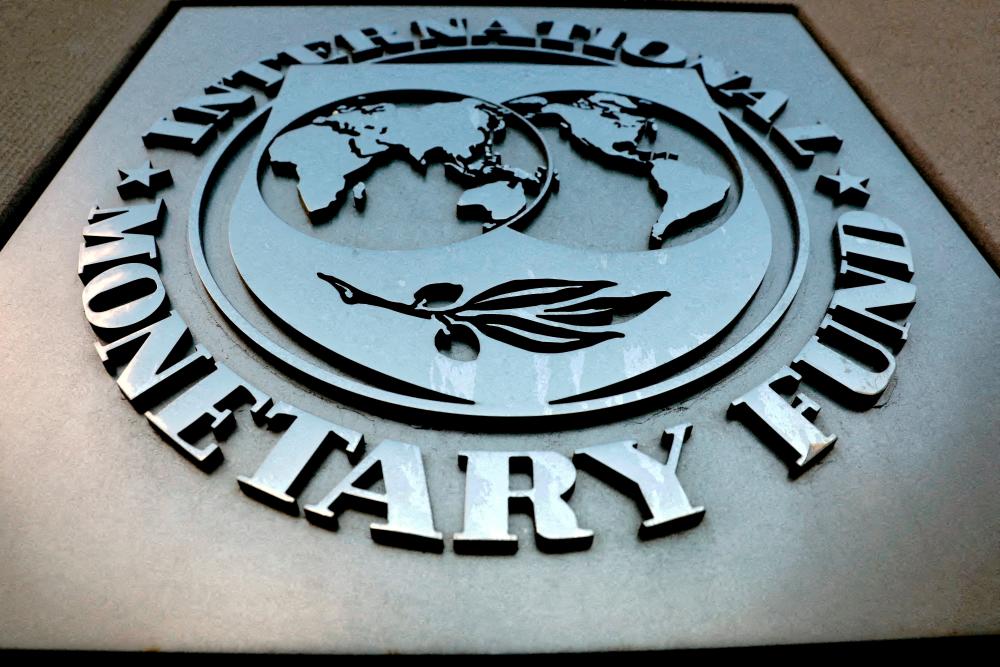KUALA LUMPUR: The International Monetary Fund (IMF) has revised the outlook for Malaysia’s real gross domestic product growth (GDP) by a notch to 4.4% this year from its earlier prediction of 4.3%.
Malaysia’s economy expanded by 3.7% in 2023.
In its latest World Economic Outlook (WEO) entitled “Steady but slow, resilience amid divergence”, IMF predicted Malaysia’s GDP growth to remain at 4.4% in 2025.
It projected Malaysia’s current account balance at 2.4% in 2024 and 2.7% in 2025.
For global growth, the IMF estimated it to be at 3.2% for last year and to continue at the same pace in 2024 and 2025.
“The forecast for 2024 is revised up by 0.1 percentage point from the January 2024 WEO update and by 0.3 percentage point from the October 2023 WEO,” it said.
The pace of expansion is low by historical standards, owing to both near-term factors, such as still-high borrowing costs and withdrawal of fiscal support, and longer-term effects from the Covid-19 pandemic and Russia’s invasion of Ukraine; weak productivity growth, and increasing geo-economic fragmentation.
The fund said risks to the global outlook are now broadly balanced.
On the downside, new price spikes stemming from geopolitical tensions, including those from the Ukraine war and the Middle East conflict could, along with persistent core inflation where labour markets are still tight, raise interest rate expectations and reduce asset prices, it said.
Geo-economic fragmentation could intensify with higher barriers to the flow of goods, capital and people, implying a supply-side slowdown, it said.
On the upside, looser-than-necessary fiscal policy and assumed projections could raise economic activity in the short term while risking costly policy adjustments later on. Inflation could fall faster than expected amid further gains in labour force participation, allowing central banks to bring easing plans forward.
Artificial intelligence and stronger-than-anticipated structural reforms could spur productivity, it said.
Global headline inflation is expected to fall to 5.9% in 2024 and 4.5% in 2025 from an annual average of 6.8% in 2023, with advanced economies returning to their inflation targets sooner than emerging market and developing economies, it said. – Bernama










